The question is: Should we be celebrating the death of evildoers?
Before we discuss the halacha, let’s get some background as to what exactly happened:
HAMAS THINKING
Hamas has, over the past seven years, miles and miles of underground tunnels below Gaza City. Indeed, they have, or had, a veritable city down there. The strategy that Hamas thinkers developed was that, in the event of an inevitable ground war, Hamas operatives can go underground, literally. It was also where they hid and were to hide their weapons and armaments – protecting them from aerial attacks.
In the event of a ground attack, the operatives would go undergound, and then emerge elsewhere. They would attack IDF forces from a new and different position. A ground incursion on the part of the IDF would be useless and there would be many casualties.
ISRAEL’S THINKING
Israel, however, was well aware of the extent of the Hamas tunnels and of the strategy. They were also aware of the huge number of casualties that an incursion into Gaza could produce. The strategy Israel decided to use was to fake a ground incursion – and then attack the tunnels using massive firepower from the air. IDF engineers believed that the tunnels were not low enough below the ground to be able to withstand a massive amount of fire power.
Israel brought in 160 planes, 450 bombs, and 80 tons of explosives and, after warning which buildings to evacuate, massively bombed the area in such a way that the tunnels below would be destroyed.
The deception was from the top down. Netanyahu announced that the campaign against Hamas was far from over. At 9:00 PM on Thursday, the IDF began assembling ground forces along the Gaza Strip border. The IDF announced that a ground offensive was on the table.
At midnight, an IDF Spokesperson tweeted, “IDF air and ground troops are currently attacking in the Gaza Strip.” This was so the foreign media would misinterpret – a deliberate lie.
But there was no ground invasion at all.
Upon the announcement, both Hamas and Islamic Jihad sent their first-line defense into the tunnels. According to reports, these were anti-tank missile teams and mortar squads.
The upshot is that this deception could have been as effective as teh complete wiping out of the Egyptian airforce in 1967. We will know soon enough. But the question is, is it permitted to rejoice in the death of terrorists?
=== An innocent Child is Suffering. Insurance Won’t Cover. Please Help. ===
https://thechesedfund.com/zechornilah/adifficultsituation
THE TWO PSUKIM IN MISHLEI
There is a verse in the 24th chapter of Mishlei written by Shlomo HaMelech. It is pasuk 18 and it states: In the falling (death) of your enemy – do not rejoice.
We must also keep in mind another seemingly contradictory earlier verse. It was also written by Shlomo HaMelech – “In the death of evil-doers – exhuberance! (Mishlei 11:10). How are these two verses to be understood together?
THE RALBAG’S UNDERSTANDING – TOO MUCH IS NO GOOD
The Ralbag in interpreting the pasuk just before pasuk 18 in chapter 24, writes that inappropriate rejoicing over the matter will lead to Hashem removing His Divine Anger against that enemy and placing it upon you. It is clear from this Ralbag that too much rejoicing is wrong and dangerous. But what is too much?
It is interesting to note that the Alshich in Esther (5:3) writes that this is exactly why Esther wished to make Haman rejoice at the party. She did so in order that the Divine Will be turned against the evil Haman on account of his rejoicing at the fall of Israel.
APPROPRIATE REJOICING IS OKAY
We can infer from the Ralbag that although inappropriate rejoicing is wrong – appropriate rejoicing, where one is on the correct spiritual level, is fine. This is the type of rejoicing that is indicated in Chapter eleven.
THE MAHARSHA’S AND RABBEINU YONAH’S VIEWS
But what exactly is the correct spiritual level?
The Maharsha in Megillah 28a understands the verse in Chapter 24 as referring to someone who is rejoicing because of his feeling of hate toward his enemy. Rabbeinu Yonah on Pirkei Avos 4:19 writes that that the high level in which rejoicing is permitted is if one does so in celebration of the Kavod Shamayaim – of the honor due to G-d at the fall of this evil-doer. This may be very much in line with our Ralbag.
The fact that the person handing out the cookies was asking people to make a bracha to Hashem fits with the Rabbeinu Yonah. According to the Maharsha and Rabbeinu Yonah, the YouTube Video is kosher.
THE ALSHICH’S VIEW
The Alshich (Tehillim 5:11) qualifies the verse in Mishlei to refer only to a personal enemy, but one whose evil is so much against G-d – the opposite feeling is in order – one should, in fact, rejoice. Thus the Chapter eleven verse refers to one who is so evil in the eyes of G-d. The Alshich does not distinguish between our own levels, but rather the type of enemy that the pasuk refers to.
THE OTHER VIEW – THE MESHECH CHOCHMA AND GERRER REBBE
The Meshech Chochma (Shmos 12:16) writes that upright individuals do not rejoice at the death of others as do, say, some of the other nations. This seems to be across the board. Thus, on Passover, we celebrate the freedom of the Jewish people and not the fact that G-d punished the Egyptians. Similarly, on Chanukah, we celebrate the miracle of the oil lasting and not the fall of the Syrian Greeks. It would seem that the Meshech Chochma is not in agreement with the aforementioned Alshich in Tehillim.
The Gerrer Rebbe on Sukkos 5658 also expressed this thought. He explained that even though Yom Tov’s must all have Simcha, the word is used only regarding Sukkos and not Pesach. Why? The death of the Egyptians that occurred on Pesach caused the use of the word “Simcha” in regard to Pesach as not appropriate.
The Yalkut Shimoni (Mishlei 960) also points out that we do not recite a full Hallel on Pesach except for the first day because of the notion of not overly rejoicing over the deaths of enemies. Also, the Midrash points out, that Noah refrained from marital intimacy during the time that the evildoers in the world were being destroyed on account of the notion of the verse in chapter 24. Seemingly, this Midrash is not in accordance with the distinctions made by the Alshich and the Ralbag.
PERHAPS NOT ALL AGREED TO
It may also be suggested that the notion was perhaps not necessarily universally adhered to by all of Israel. How so? In Pirkei Avos (4:19) Shmuel HaKatan says almost the exact same thing as King Solomon did in Mishlei. The Rambam and the Bartenura point this out but remark that Shmuel actually utilized and taught this approach. The fact that the Mishna singles Shmuel HaKatan out for this indicates that it may not necessarily have been kept so universally. In fact, it could be that King David himself, the father of King Shlomo may have erred in his reciting of joyful song at the fall of Kush Ben Yemini, as pointed out in Midrash Tehillim (7).
The conclusion? It seems that the words of Rebbeinu Yonah on Pirkei Avos that if one rejoices at the Kavod Shamayim – the honor that finally justice has been accomplished with the knowledge that the honor of Heaven has been further enhanced and uplifted with this man’s death – then one may rejoice, but nonetheless, it should still be tempered.
We do recite Hallel on Pesach, but not a full one. One should make sure that the feeling not come from an improper emotion. One may also take pride in the fact that one was the tool for which the honor of Heaven was uplifted.
I Also, it seems that a motivation that states, “Finally, our citizens are being protected” is a proper sentiment.
The author can be reached at yairhoffman2@gmail.com
=== An innocent Child is Suffering. Insurance Won’t Cover. Please Help. ===


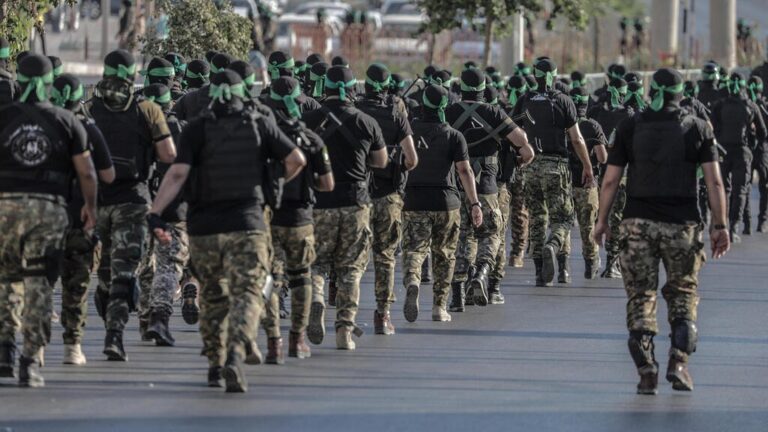
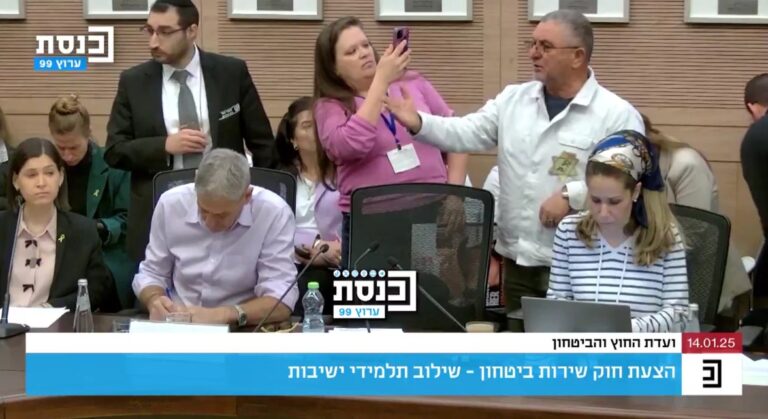

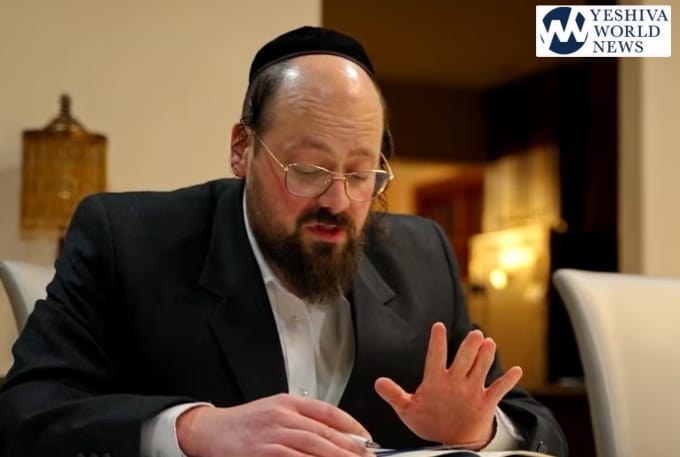
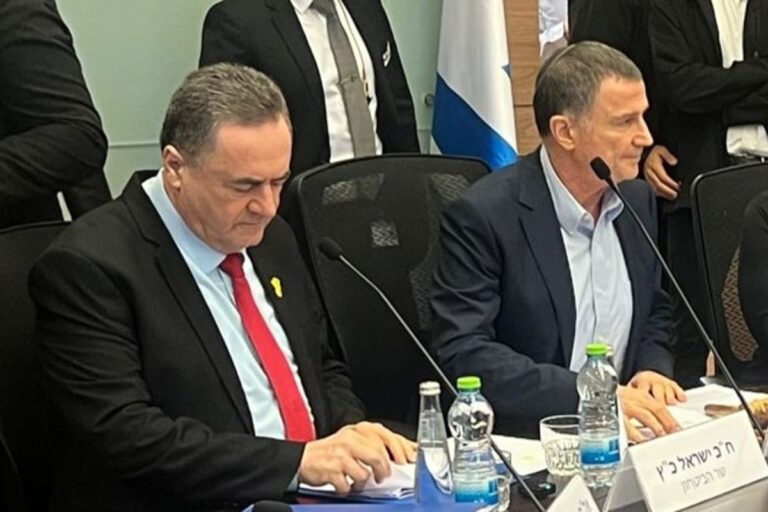
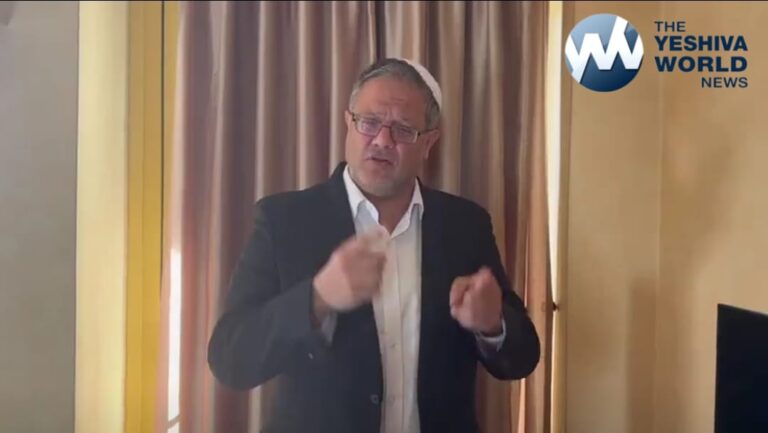
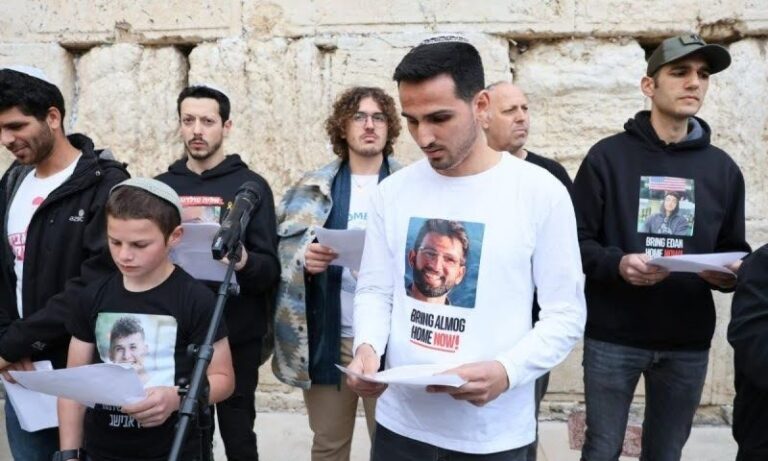
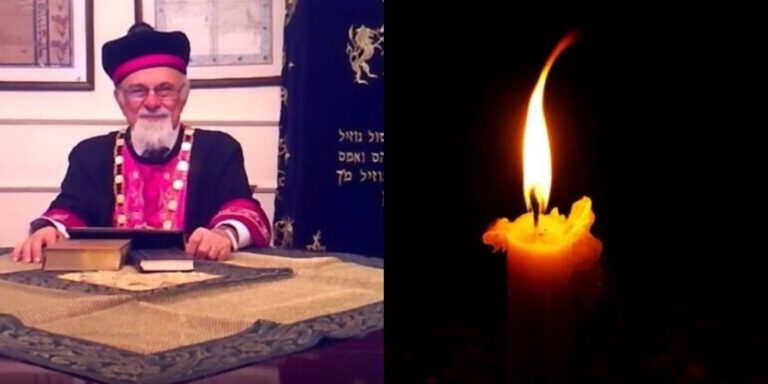
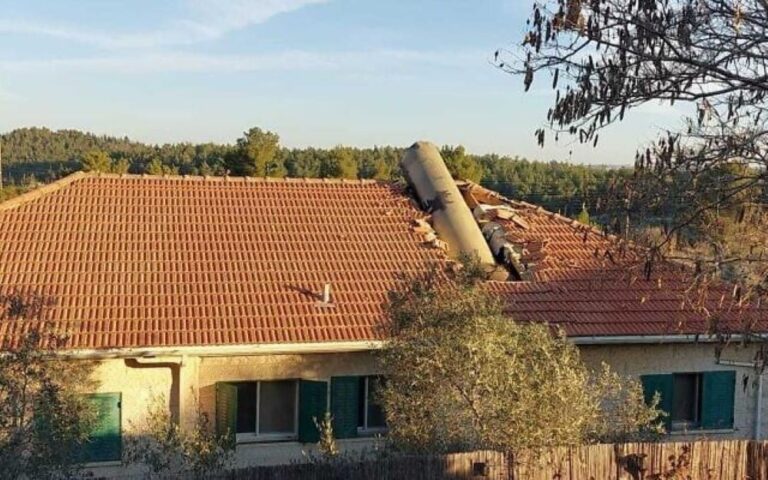
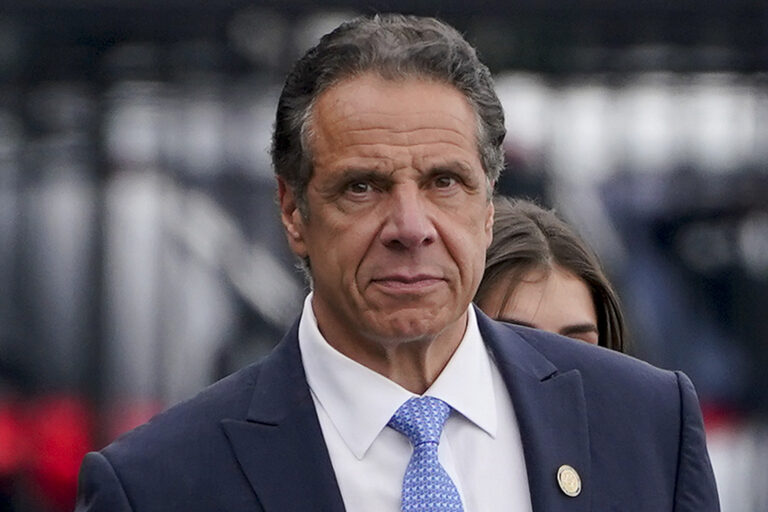
5 Responses
imho –
Baruch Dayan Ha’Emes is completely appropriate.
There’s a מדרש on מגילה that מרדכי kicked המן when he was going on the horse and המן said “what about בנפל אויביך” and he answered “that’s only against a Jew but regarding גוים we say ואתה במותיכם תדרוך”
Of course we should rejoice over the destruction of our enemies. in addition to the source that coffee addict brings that not rejoicing over your enemies misfortune refers to a jewish enemy and not a gentile one (i think the source is the gemarrah itself), the holiday of purim is also not only about our salvation, but also of the destruction of our mortal enemies and the shoshanat yaskov prayer ends with the fervent prayer that “all the evildoers should be cursed and all the tzadikim should be blessed” (and Your people are all tzadikkim). av harachamim which is said on almost every shabbos is all about G-d’s desire and therefore our desire to take righteous venegance on our cruel enemies. chazal tell us that “the destruction of the wicked is good for them and good for the world” furtermore, the entire song at the sea we say every day was the spontaneous outbreak of joy that the jewish people felt not only over their salvation, but of the destruction of their mortal enemies with many verses praising G-d for destroying them and the various ways G-d destroyed them. there is a midrash where the angels question our rejoicing over their deaths but G-d tells them thst since they weren’t saved from death they do not have to rejoice, but since the jews were, let them rejoice.
our rejoicing over the destruction of our enemies is not of course a glofication of death, rather it is an expression of joy of the Kiddush Hashem in the justice and righteousness over the triumph of good over evi, in the manner that we pray on rosh hashana for all wickedness to be completely destroyed then You will reign over the entire world.
Another question is will this increase overall protection or will it lead to increased resolve on the part of the survivors to do even more damage, R”L. The bottom line is, תשובה ומעשים טובים מעבירים את רוע הגזרה, only teshuva and good deeds have the power to protect us. This applies on both the individual and overall levels. After Sadat was killed in 81 I was told by R’ Yaakov Weinberg, ztl, Rosh Yeshiva of Ner Yisroel in Baltimore, that rejoicing is appropriate only if the evil is totally eradicated, but if any of it is left to carry on then there is no cause for rejoicing. In any case, it’s not them who are doing the attacks, Ein Od Milevado, Hashem does everything and we have to figure out why He’s doing all this. My grandchildren in Ashdod are having a hard time sleeping at night with all the sirens. Daven, daven, daven.
Whether Binfol Oyivcha applies to non-Jewish enemies is a machlokes of Mordechai and Haman, and anyone who claims it applies to the Egyptians, OR to Hamas, is taking Haman Harasha’s side. That is an explicit Gemara, and neither you nor the sources you quote have any right to contradict it. The Gemara paskens that rejoicing is a mitzvah, and that is the end of it. Anyone who says otherwise is wrong.
And the reason we don’t say Hallel on the rest of Pesach has absolutely nothing to do with this. The only opinion otherwise is from some obscure “Medrash Harninu” that no longer exists, and that medrash has no authority against the Gemara; but even according to that medrash the Chavos Yari explains that it applies ONLY to Hallel and not to any other subject.